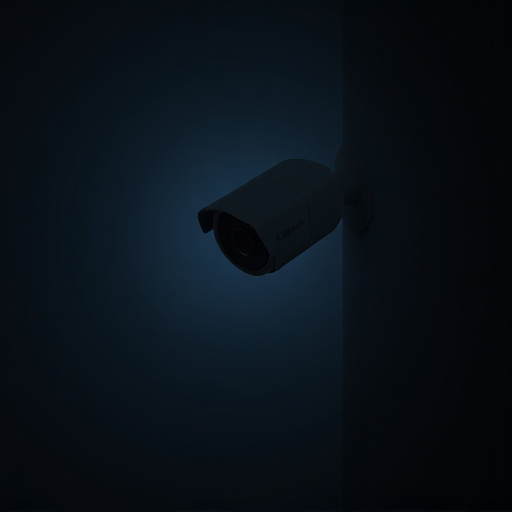Hidden security cameras, discreetly designed to blend into their surroundings, offer enhanced privacy and security for homes and businesses. These compact devices capture high-quality video footage through strategic placement in hard-to-see areas, providing continuous monitoring without disrupting daily life. While they deter intruders and offer peace of mind, ethical considerations regarding individual rights and local laws must be addressed, particularly concerning data protection for stored footage.
Uncover the secrets behind hidden security cameras—a modern home’s silent guardian. This article delves into the world of discreet surveillance, exploring how these devices operate under the radar. From understanding their basic functionalities to weighing the pros and cons of installation, we dissect the ethical dilemmas they present. Discover the balance between home security and privacy as we navigate this increasingly common practice.
Understanding Hidden Security Cameras: The Basics
Hidden security cameras, also known as spy cameras or surveillance cameras, are small, discreet devices designed to capture video footage without alerting the individuals being monitored. These cameras operate quietly in the background, offering a level of privacy and security for both homeowners and businesses alike. The basic components of a hidden security camera include a lens, an image sensor, memory storage, and a power source, all packed into a compact casing that can be easily concealed.
The appeal of hidden security cameras lies in their ability to provide round-the-clock monitoring without disturbing daily activities. They are often strategically placed in hard-to-see areas like corners, doorframes, or behind furniture to capture footage of entry points, valuable assets, or specific areas of interest within a property. With modern technology, these cameras can now offer high-definition video quality, night vision capabilities, and even motion detection alerts, making them increasingly effective tools for enhancing security measures.
Exploring the Pros and Cons of Installation and Privacy Concerns
Hidden security cameras, also known as spy cameras, offer a discrete way to monitor your home’s security. Their installation can provide peace of mind by allowing you to watch over sensitive areas remotely and record potential incidents. Pros include enhanced privacy protection, especially in high-risk regions, and the ability to deter intruders or gather evidence discreetly. These cameras are versatile, ranging from small, unnoticeable devices to more advanced models with motion sensors and night vision capabilities.
However, there are significant privacy concerns surrounding their use. Installation can invade personal spaces, raising ethical questions about surveillance in homes. Unauthorized placement of hidden security cameras may violate individual rights and local laws, leading to potential legal repercussions. Additionally, the constant recording and storage of footage require robust data protection measures to safeguard private moments and prevent unauthorized access or misuse.
